arm
Latest
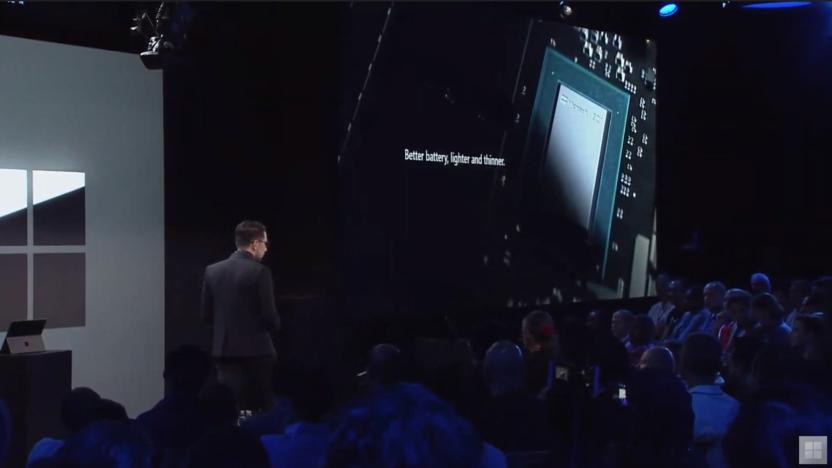
Microsoft's SQ1 is a custom ARM chip for the Surface Pro X
ARM chips in laptops can give you battery life, slimness and connectivity, but power? In Windows laptops, that hasn't been the case. Microsoft has promised that will change with the new ARM-powered Surface Pro X, freshly unveiled at its Surface event today. To make sure it can keep up with Apple's iPad Pro, Microsoft and Qualcomm have developed an all-new ARM processor called the SQ1.
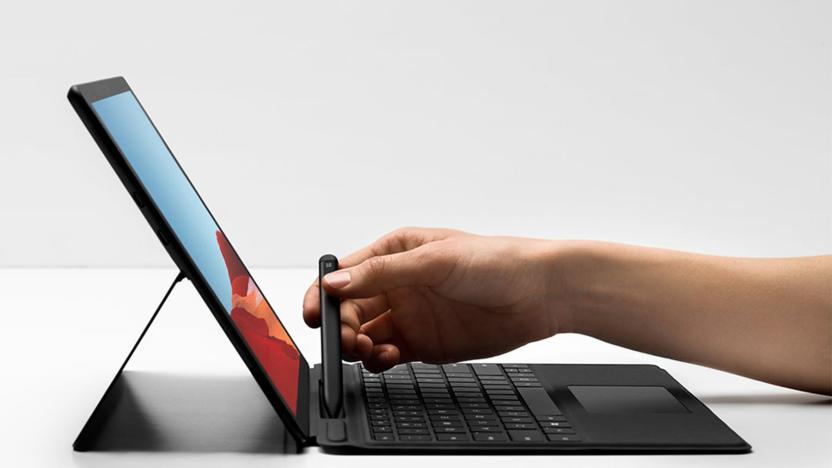
The Surface Pro X is Microsoft's return to ARM-based Windows
Microsoft is reviving its dream of an ARM-powered Surface device. Today, the company unveiled Surface Pro X, a Windows 10 hybrid powered by a custom SQ1 processor. That chipset has "Snapdragon mobile DNA," according to Panos Panay, Microsoft's chief product officer, alongside an "integrated AI accelerator." It was developed in partnership with Qualcomm and is likely related to the Snapdragon 8cx announced last December. "You will not find this anywhere else out there," he claimed.
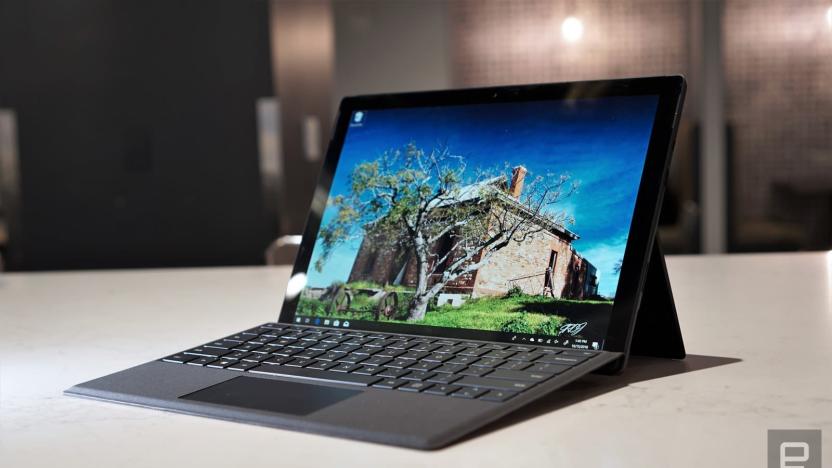
What we hope to see at Microsoft’s Surface event
Like clockwork, Microsoft is gearing up to announce its latest batch of Surface devices tomorrow. We've already gotten a preview of some hardware, thanks to a recent leak: it looks like there's a new Surface Pro, a sleeker ARM-based Surface and a new Surface Laptop on the way. But really, none of that is really surprising, since they're all due for a refresh. What else could Microsoft have in store? Well here are a few less obvious things we'd like to see.
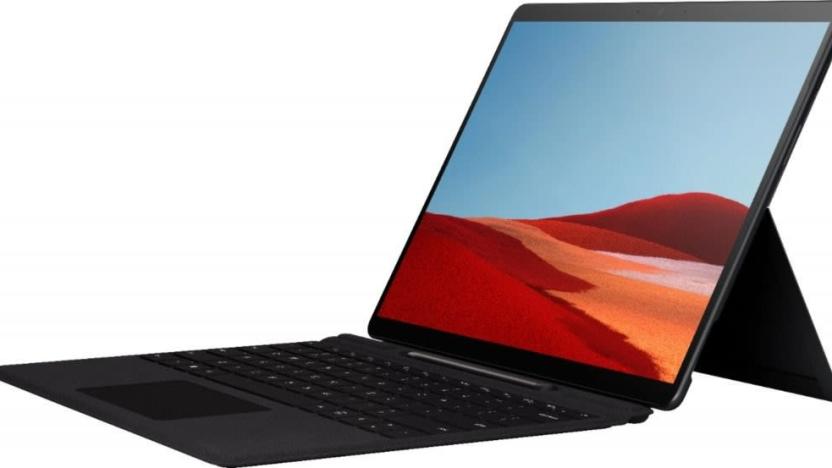
New Microsoft Surface lineup leaks ahead of Wednesday's unveiling
Wondering what's in store for the Microsoft Surface event on Wednesday? Evan Blass has posted renderings of several devices, including a Surface Pro 7 that brings a USB-C connector instead of Mini DisplayPort, and 10th-gen Intel Core CPUs inside. He also pointed out an ARM CPU-powered Surface that's thinner than the usual Pro lineup with some seriously skinny bezels and probably aimed directly at Apple's iPad Pro.

Google, Intel and Microsoft form data protection consortium
It's common to secure data when its sitting put or flying to its destination, but not so much when you're actually using it -- there's still a risk someone could peek at your content while you work. Industry heavyweights might help keep your info secure at every step, though. Google, Intel, Microsoft and seven other companies have formed the Confidential Computing Consortium to help in "defining and accelerating" open source tech that delivers truly private data access. Ideally, data will always be encrypted or otherwise limited to whoever is meant to be looking.

Apple hires one of ARM's top chip designers
Apple appears to be making up for its loss of chip designer talent. The company has quietly hired ARM Lead CPU Architect Mike Filippo to serve as a chip architect. It's not certain just what he'll do at Apple, but hes work at ARM focused on high-end CPU designs including the Cortex-A76 and future models like Hercules and Zeus. He also worked on "infrastructure-focused" and "automotive-enhanced" processors, and was instrumental to designs for both AMD and Intel.

ARM's latest chip designs promise 60 percent faster AI on phones
ARM isn't boasting about PC-crushing performance like it did in 2018, but it still has plenty of swagger going into Computex 2019. The designer has unveiled two new chip architectures that promise giant strides in performance, especially for AI. The Mali-G77 GPU touts 40 percent faster overall graphics than the G76, and a whopping 60 percent increase in machine learning speed. Your phone could handle computer vision, device optimization and similar tasks far more gracefully. The G77 might also avoid killing your battery when it's 30 percent more energy-efficient and uses 40 percent less bandwidth.
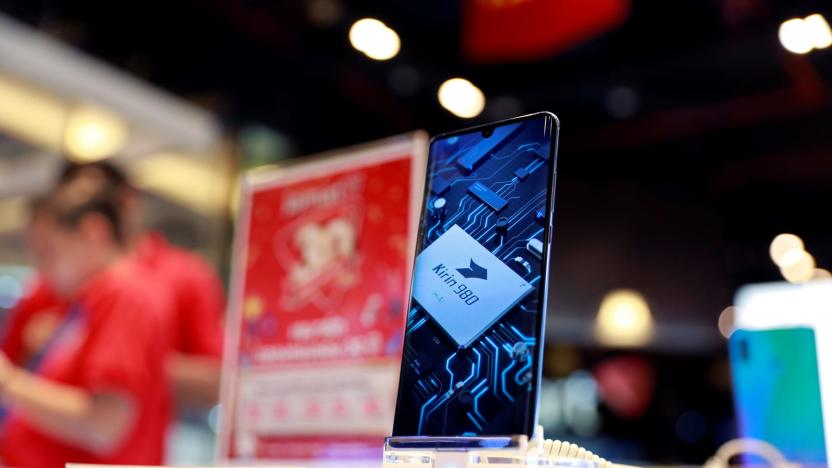
ARM reportedly tells employees to suspend all business with Huawei
UK-based chip designer ARM told its employees to stop all their dealings with Huawei, according to the BBC. It reportedly notified its personnel in a memo to suspend "all active contracts, support entitlements and any pending engagements" with the Chinese tech giant right after the US government added it to its Entity List. That's what the US Commerce Department calls the roster of banned companies that can no longer do business with American firms without a special license. While ARM is a British company, its memo says it uses "US origin technology" and is thus covered by the US ban. In a brief comment to Engadget, ARM said that it is "complying with the latest restrictions set forth by the US government and is having ongoing conversations with the appropriate US government agencies to ensure [it] remain[s] compliant. ARM values its relationship with [its] longtime partner HiSilicon and it is hopeful for a swift resolution on this matter."

ARM display chip design could lead to better stand-alone VR
Now that stand-alone virtual reality has become more of a... reality, ARM wants to eliminate some of the technology's remaining headaches. It's launching a new display chip design, the Mali-D77, that aims to both fix visual artifacts and improve performance. It can reduce motion sickness by re-projecting scenes (to adjust for the headset's position) and correcting lens artifacts like distortion and chromatic aberration. Your VR headset might also last longer on battery power -- ARM expects a 12 percent power savings and a 40 percent drop in bandwidth.
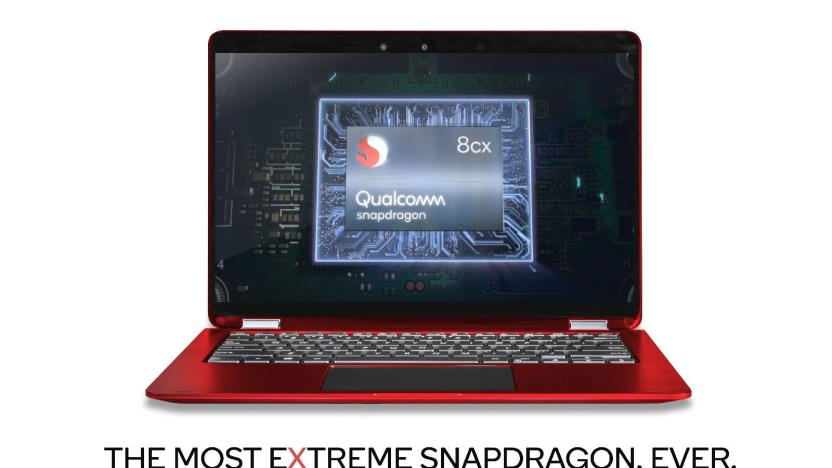
Qualcomm's new PC processor promises 'extreme' power
It's been a year since we've seen the first devices running Windows on Snapdragon, and Qualcomm is continuing its quest to make a capable ARM-based processor for PCs. On the third of its three-day tech summit in Hawaii today, the company unveiled the Snapdragon 8cx. It's Qualcomm's second made-for-Windows chipset, but one that the company says offers significantly better performance and energy efficiency. So much more, in fact, that the "x" in 8cx stands for "extreme."

Microsoft opens the door to native ARM apps on Windows 10
ARM-based Windows 10 devices have improved in performance, but the software is another story -- without official tools to write native 64-bit ARM apps, it's been difficult to help these machines reach their potential. That shouldn't be an issue after this week. Microsoft has released Visual Studio 15.9, which gives developers the tools they need to craft native ARM64 apps. They can submit those apps to the Microsoft Store, too, although they can also release ARM apps elsewhere (or bundle them into releases for other chip architectures) if they'd prefer.
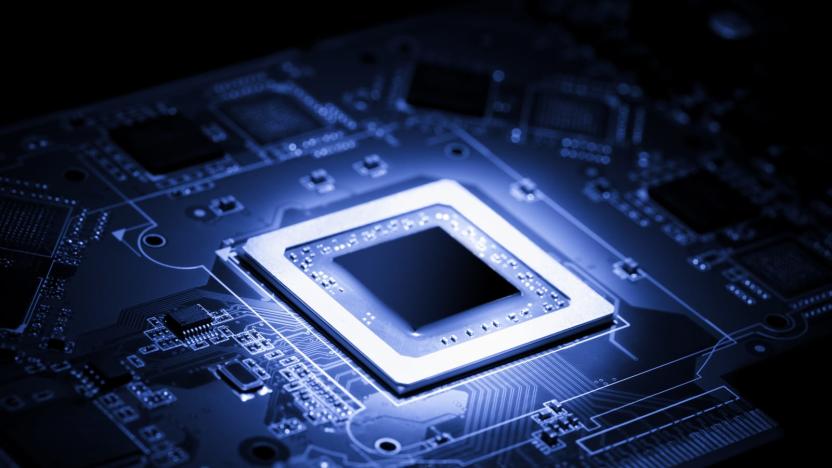
ARM says its next processors will outperform Intel laptop chips
ARM-based laptops have been pretty pokey to date, but you might have a different impression of them in a year or two. The company has offered a rare peek at the performance expectations for its future processor architectures, and the figures might make Intel nervous. While ARM already believes that its recently unveiled Cortex-A76 is competitive with Intel's 2.6GHz Core i5-7300U, it expects its 2019 "Deimos" and 2020 "Hercules" designs to clearly outperform that CPU. You would get "laptop-class" speed from a more efficient mobile chip, according to the company.

Harvard's robot arm can grab squishy sea animals without hurting them
As you might imagine, you can't just grab extra-soft sea creatures like jellyfish or octopuses when you want to study them. Not if you want them to remain intact, anyway. Thankfully, researchers at Harvard's Wyss Institute have a far more delicate solution. They've created a robot arm (the RAD sampler) whose petal-like fingers can quickly form a ball shape around an animal, capturing it without risking any harm. It's simpler than it looks -- it uses just a single motor to drive the entire jointed structure, so it's easy to control and easier still to repair if something breaks.

'Snapdragon 1000' chip may be designed for PCs from the ground up
Qualcomm's Snapdragon 850 processor may be intended for PCs, but it's still a half step -- it's really a higher-clocked version of the same processor you'd find in your phone. The company may be more adventurous the next time, though. WinFuture says it has obtained details surrounding SDM1000 (possibly Snapdragon 1000), a previously hinted-at CPU that would be designed from the start for PCs. It would have a relatively huge design compared to most ARM designs (20mm x 15mm) and would consume a laptop-like 12W of power across the entire system-on-a-chip. It would compete directly with Intel's low-power Core processors where the existing 835 isn't really in the ballpark.

World's largest ARM supercomputer is headed to a nuclear security lab
Most supercomputers are focused on pure processing speed. Take the DOE's new Summit system, which is now the world's most powerful supercomputer, with 9,000 22-core IBM Power9 processors and over 27,000 NVIDIA Tesla V100 GPUs. But processing performance isn't everything. Last year, Hewlett Packard Enterprise announced The Machine, its prototype for a supercomputer built around blazing fast memory. It's meant to churn through tons of data, though it can handle it's fair share of high performance computing (HPC) jobs.
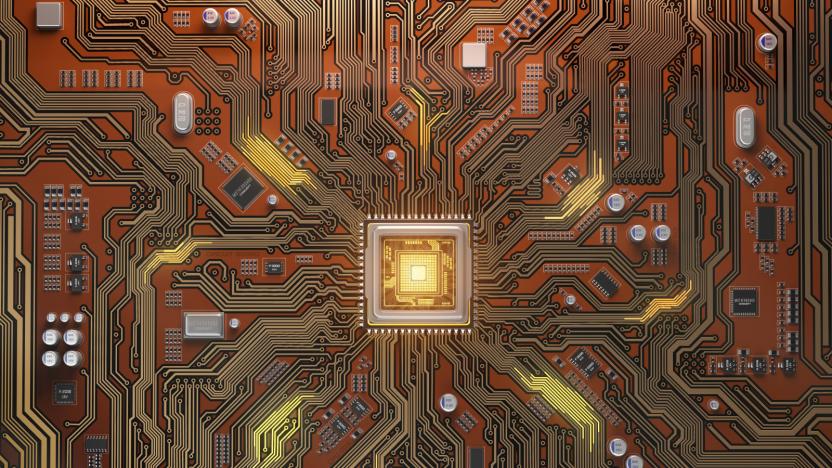
Arm unveils trio of new processors for more efficient mobile devices
As we demand better graphics, quicker response times and more realistic XR experiences from our mobile devices, the computational, graphic and visual processing units are increasingly being challenged to keep pace. However, three new processor designs debuted by Arm at an event in San Francisco on Thursday promise to deliver faster performance, more immersive gaming, UHD 8K visuals, and smarter AIs on tomorrow's mobile devices.

34 major tech companies are uniting to fight cyberattacks
Cyberattacks are a global issue that can cause havoc regardless of who's involved, and key members of the tech industry are uniting in a bid to fight these attacks. A group of 34 companies has signed the Cybersecurity Tech Accord, an agreement promising to defend customers around the world from hacks regardless of where they take place or who the perpetrator might be. They're promising to boost defenses for customers (including users' capacity to defend themselves), establish more partnerships to share threats and vulnerabilities, and -- importantly -- refuse to assist governments in launching cyberattacks.
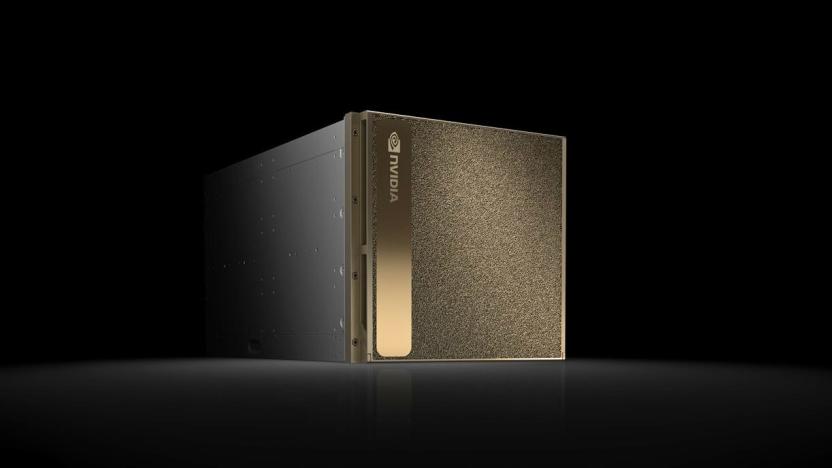
NVIDIA's next AI steps: An ARM deal and a new 'personal supercomputer'
Soon you won't need one of NVIDIA's tiny Jetson systems if you want to tap into its AI smarts for smaller devices. At its GPU Technology Conference (GTC) today, the company announced it'll be bringing its open source Deep Learning Architecture (NVDLA) over to ARM's upcoming Project Trillium platform, which is focused on mobile AI. Specifically, NVDLA will help developers by accelerating inferencing, the processing of using trained neural networks to perform specific tasks.
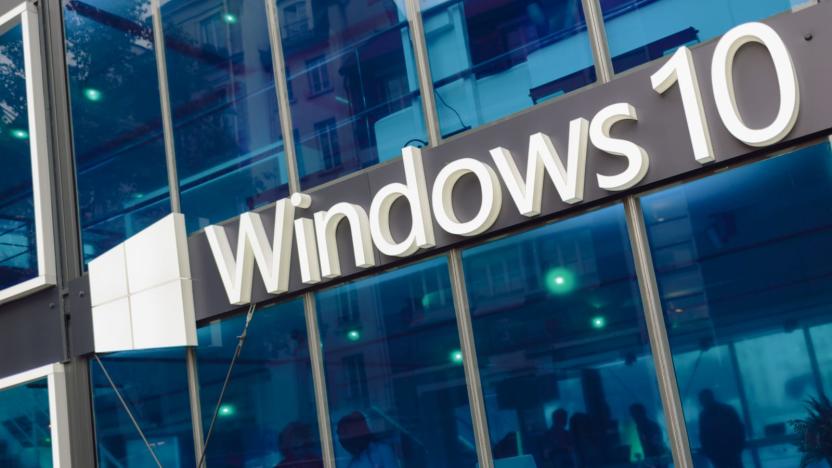
Microsoft inadvertently outlines the limits of Windows 10 on ARM
Microsoft began introducing ARM-powered Windows devices this past holiday season, and now we have more information on the limitations of these devices. Thurrott noticed that Microsoft published a list of limitations on the ARM version of Windows 10. It appears to have been inadvertant, as the document has since been removed, but The Verge noted that cached versions of the article are still available.

ARM's latest processors are designed for mobile AI
ARM isn't content to offer processor designs that are kinda-sorta ready for AI. The company has unveiled Project Trillium, a combination of hardware and software ingredients designed explicitly to speed up AI-related technologies like machine learning and neural networks. The highlights, as usual, are the chips: ARM ML promises to be far more efficient for machine learning than a regular CPU or graphics chip, with two to four times the real-world throughput. ARM OD, meanwhile, is all about object detection. It can spot "virtually unlimited" subjects in real time at 1080p and 60 frames per second, and focuses on people in particular -- on top of recognizing faces, it can detect facing, poses and gestures.








